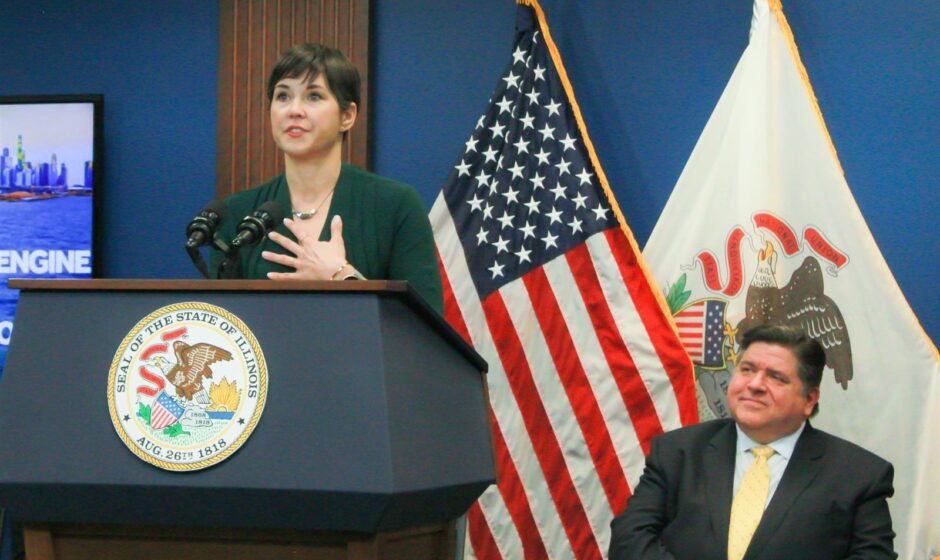Chicago Organization to Receive Federal Funding for Water Sustainability Industry
Chicago-based organization Current Innovation NFP has been awarded a $15 million federal grant over the next two years for a project aimed at jumpstarting a regional clean water industry. The grant, provided by the U.S. National Science Foundation, is part of the NSF Engine awards, which aim to use science and technology to drive regional economies.
Current Innovation NFP, also known as Great Lakes ReNEW, is a nonprofit “innovation hub” focused on solving pressing water challenges caused by climate change and pollution. The organization includes more than 50 regional partner organizations from Illinois, Indiana, Michigan, Minnesota, Ohio, and Wisconsin.
The project aims to train 500 individuals for jobs related to water technology within the first two years. The initial grant covers two years, with the potential for an eventual $160 million investment over a 10-year period if the project progresses towards its goals.
At the announcement, Illinois Governor JB Pritzker emphasized the importance of the federal funding in addressing climate pressures and the growing scarcity of fresh water. The Great Lakes region, home to one-fifth of the world’s freshwater, has a significant advantage in developing water technology solutions.
The project led by Current Innovation NFP aims to launch and invest in dozens of water tech companies while developing technologies to attract water-intensive manufacturers. The end goal is to establish a circular economy focused on refining wastewater and extracting valuable minerals such as cobalt, lithium, and nickel. These minerals are essential for the production of rechargeable batteries, making them valuable to domestic tech companies.
The project also plans to engage 1,000 youth in STEM-related programs across the region within the two-year period. Additionally, short-term aims include developing sensor networks to detect real-time information on chemical levels in water.
The federal funding will not only benefit the environment but also create good jobs and opportunities for people to build wealth and stability. The investment will particularly benefit communities affected by environmental racism, according to Toni Preckwinkle, Cook County Board President.
The Great Lakes, which hold about 90 percent of all fresh water in the United States, are a vital source of clean drinking water for approximately 40 million people. Alaina Harkness, executive director of Current and principal investigator of the project, emphasized the need to tackle water scarcity and extract valuable materials to power the electrification of society.
The project aims to address both environmental and economic challenges by generating solutions to planetary concerns while creating job opportunities. The breakthroughs in water technology will play a pivotal role in securing the domestic supply chain, supporting electrification, and advancing the clean energy future.
Overall, the federal funding received by Current Innovation NFP is a significant boost for the water sustainability industry in the Chicago region. The project’s goals align with the urgent need to address water challenges caused by climate change and pollution while creating economic opportunities and job growth.




